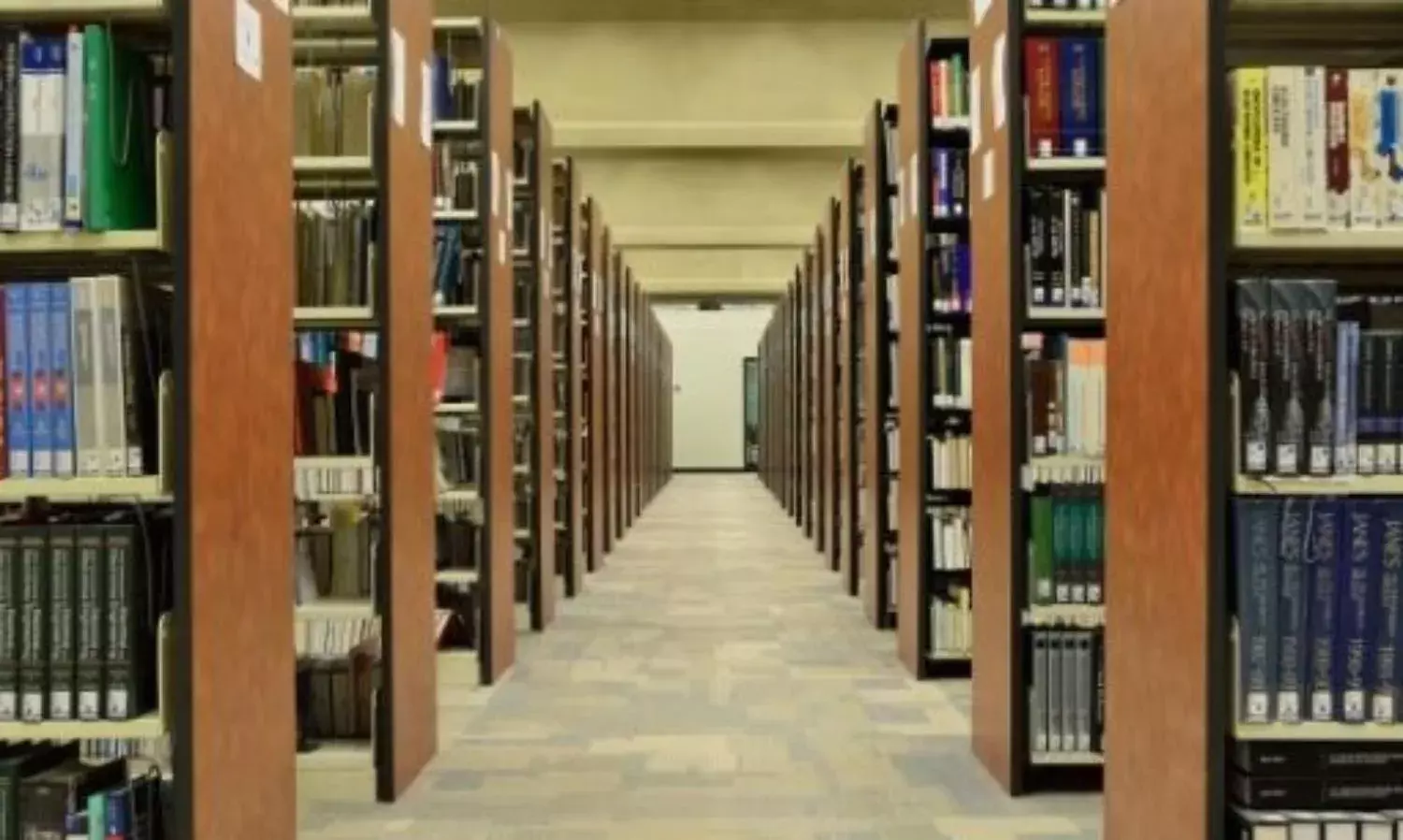Carefree UGC Still Approving ‘Pay and Publish Trash’
An entry-ticket into the academic fair

The University Grants Commission established a committee called the Consortium for Academic and Research Ethics (CARE) in November 2018 meant to protect academic integrity, by vetting scholarly journals to bring to public notice fraudulent publications that had adopted a “pay and publish” business model.
Last January the UGC announced that four central universities would be involved in vetting journals for CARE: the Jawaharlal Nehru University, the Maharaja Sayajirao University of Baroda, the University of Hyderabad, and Tezpur University. The Savitribai Phule Pune University would be in charge of the process of including and excluding journals from the list of UGC-approved journals.
In June it issued an important public notice about the continuing misconduct and unethical actions of academic publishers ever since the first list of UGC-approved journals was published on its website.
The notice confirms that “unethical/deceptive practices in publishing are leading to an increased number of dubious/predatory journals worldwide. It has been reported that in India the percentage of research articles published in predatory journals is high. Unethical practices leading to ‘pay and publish trash’ needs to be thwarted immediately”.
Media reports suggested that the CARE list had narrowed the number of “verified and genuine” journals to around 800, as opposed to more than 5,000 in the previous UGC list. Only papers published in approved journals would count towards academic promotion.
A sample study of the earlier, larger list by academics at the Savitribai Phule Pune University found that 35% of approved journals did not meet the UGC’s basic criteria for inclusion, but were included anyway. Some 88% of listed journals were found to have given “false information such as incorrect ISSN, false claims about impact factor, claimed indexing in dubious indexing databases or had poor credentials of editors,” according to UGC vice-chairman Bhushan Patwardhan.
However, the new CARE list is also ethically compromised.
I frequently visit the CARE list, out of curiosity to see which journals have been newly included, and to discover journals to which I can send my research. It is very unfortunate to see that many approved journals are not of the expected quality.
Further, many do not have an ISSN, in complete violation of the UGC’s basic criteria, and still others lack properly maintained websites or proper editorial information. The Arts & Humanities index alone, with 343 approved journals, lists 34 which do not have an ISSN (International Standard Serial Number).
And I know from personal experience that some of the listed journals demand cash payments for publication.
I wonder how many more such shoddy, predatory journals have been approved in the other disciplines. But more than that, I wonder how a statutory body with experts in each field of study could approve the inclusion of such journals. How could these publications find a place in the CARE list, created to protect academic ethics?
Here are two possibilities: either these journals do not have an ISSN at all, or the “experts” proved their failure to provide such basic details in their list. Either way, it shows inefficiency and misconduct. And it needs immediate re-consideration.
How is it that journals described by the UGC as “pay and publish trash” are still getting this entry-ticket into the academic fair? How will these blots support the research culture in India?
Abhijit Maity is an independent researcher from West Bengal, and a lecturer in English literature and cultural studies at the Mahishadal Girls’ College, Vidyasagar University



